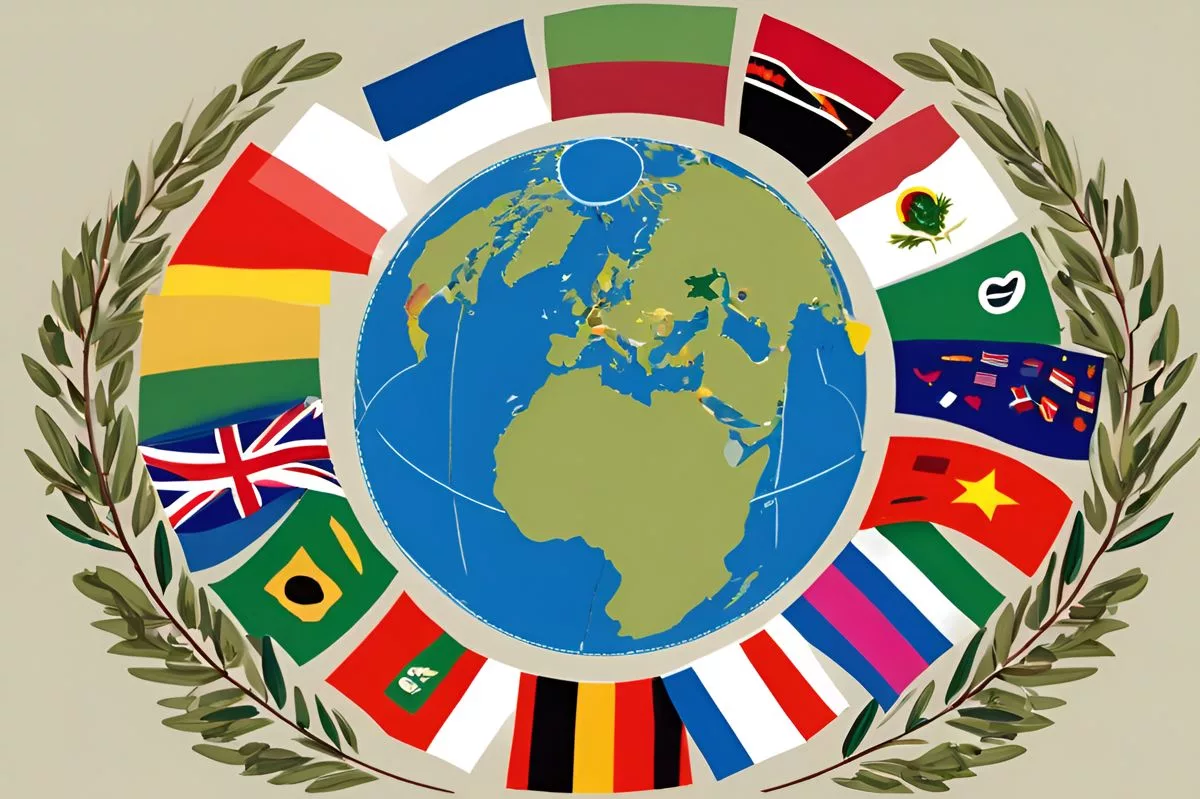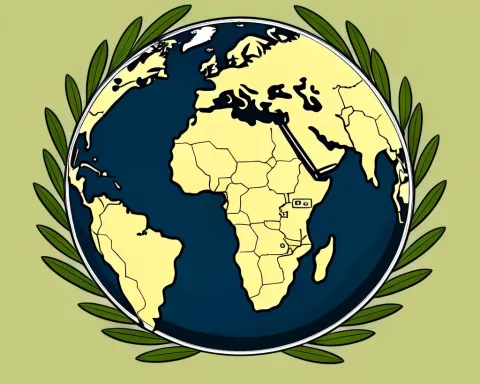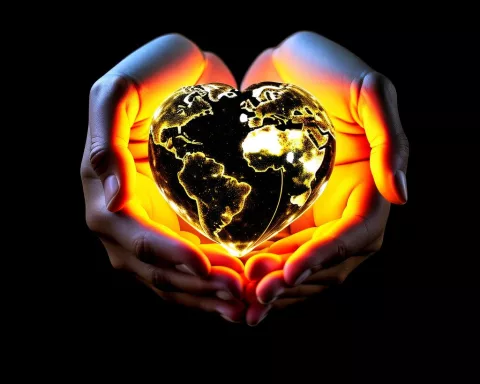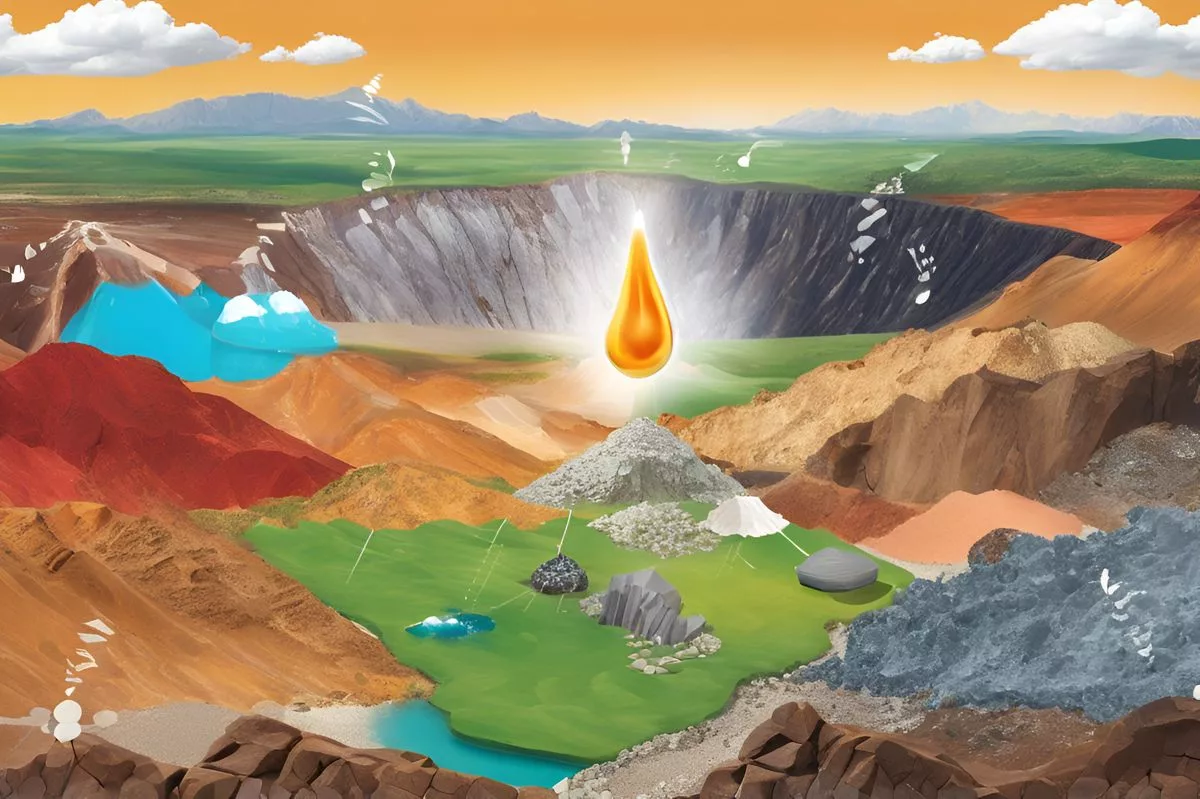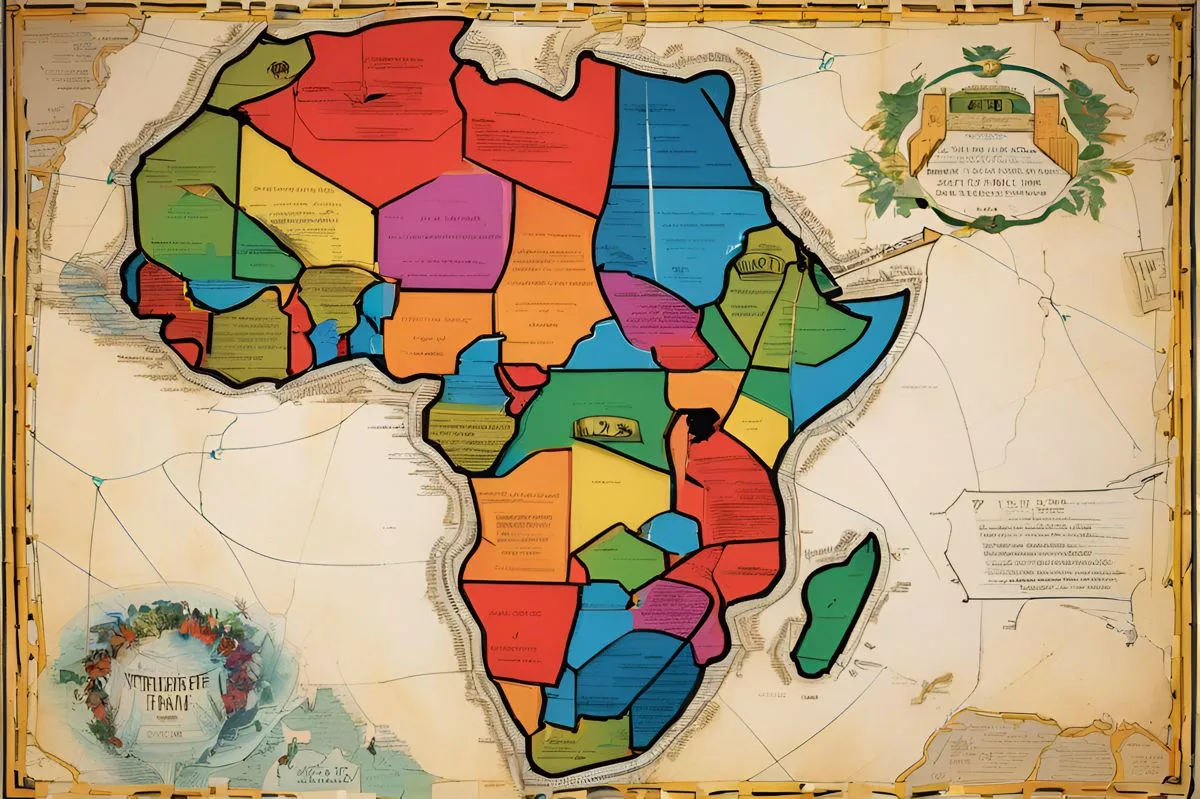In his speech at the 79th UN General Assembly, President Cyril Ramaphosa shared South Africa’s inspiring journey from apartheid to democracy, highlighting the importance of global peace and cooperation. He emphasized the need for fairness in world governance, urging nations to work together against current conflicts, like the situation in Gaza. Ramaphosa also addressed the challenges of climate change and pandemics, calling for united action to help vulnerable countries. He finished with a powerful reminder that building a fair and just world takes commitment and teamwork from all nations.
What were the key themes of President Cyril Ramaphosa’s speech at the 79th UN General Assembly?
President Cyril Ramaphosa’s speech highlighted South Africa’s transformative journey, commitment to global peace, and sustainable development. Key themes included the fight against apartheid, the importance of international cooperation, addressing contemporary conflicts, and the need for reforms in global governance and financial systems.
South Africa’s Transformational Journey and Global Commitment
In the grand mosaic of international leadership, President Cyril Ramaphosa’s address at the 79th Session of the United Nations General Assembly stands out as a poignant reflection on South Africa’s transformative journey and ongoing commitment to global peace and justice. Beginning his speech with historical depth, Ramaphosa invoked the birth of a new South Africa three decades ago. The dissolution of apartheid, a system once condemned as a crime against humanity by this very Assembly, marked the dawn of an equal, united nation.
Ramaphosa’s narrative carried the weight of history, reminding the audience that it was the United Nations, through Resolution 2202 A (XXI) in 1966, that supported South Africa’s quest for justice. The global solidarity championed by the UN played a crucial role in dismantling apartheid, a system that dehumanized and segregated millions. Today, South Africa boasts a progressive constitution, a robust culture of human rights, and strong institutions—testaments to enduring principles of justice and equality.
Ramaphosa didn’t merely recount past victories; he painted a contemporary picture of South Africa’s landscape. The nation continues to evolve with laws and programs aimed at promoting equality and protecting marginalized communities. Active participation in global treaties on human rights, gender equality, child rights, refugee protection, and environmental preservation underscores South Africa’s commitment to these causes. Such commitments are not just legal obligations but moral imperatives guiding the nation’s policies and actions.
Commitment to Global Governance and Sustainable Development
A few days before the Assembly, South Africa endorsed the Pact for the Future, a visionary blueprint for global governance and achieving the Sustainable Development Goals (SDGs). As a signatory to the Paris Agreement, South Africa has pledged its fair share in the global effort to combat climate change. The country’s Just Energy Transition Plan serves as a roadmap toward a low-carbon, climate-resilient future. Through the African Union, South Africa actively contributes to Agenda 2063, a strategic framework for the socio-economic transformation of the continent.
Ramaphosa underscored South Africa’s mature political culture, evidenced by the recent seventh free and fair general election since democracy. The formation of a Government of National Unity, comprising ten political parties, heralds a new era of cooperation focused on economic growth, job creation, poverty eradication, and sustainable development. This “second miracle” of unity across racial lines has fostered an environment of hope and progress, with improving economic indicators and rising investor confidence.
The President’s reflections on South Africa’s journey are a testament to the enduring role of the United Nations in global affairs. Through its Charter and the Universal Declaration of Human Rights, the UN affirmed the intrinsic dignity and worth of every person and the equal rights of all nations. These principles have guided global efforts to eradicate barbarous acts and affirm human rights. Ramaphosa reminded the assembly that apartheid, like genocide, was declared a crime against humanity, and the UN’s stance against such atrocities remains relevant today.
Addressing Contemporary Global Conflicts and Challenges
Ramaphosa then transitioned to pressing contemporary issues, particularly the ongoing conflict in Gaza. Recalling the attack by Hamas that resulted in over a thousand deaths and hostages taken, Ramaphosa condemned the collective punishment by Israel on Gaza. He painted a harrowing picture of the continued suffering of Palestinians—thousands killed, homes and infrastructure destroyed, and famine and disease rampant. For South Africans who endured apartheid, the plight of Gazans echoes their own past. Ramaphosa called on the United Nations to uphold international law consistently, emphasizing that no state is above the principles enshrined in the UN Charter.
In December, South Africa approached the International Court of Justice (ICJ) to prevent genocide against the people of Gaza, invoking its obligations under the Genocide Convention. The ICJ’s orders underscore the need to prevent genocide and hold states accountable. Ramaphosa reiterated the call for an immediate ceasefire and the release of hostages, advocating for the establishment of a Palestinian state alongside Israel with East Jerusalem as its capital.
The President extended his moral call to other global conflicts—in the Democratic Republic of Congo, Sudan, Yemen, Ukraine, and the Sahel region. He underscored the need for self-determination for Western Sahara. Achieving peace and security, Ramaphosa argued, demands the collective will of nations and a reformed, inclusive UN Security Council. He pointed to the exclusion of Africa, with its 1.4 billion people, from key decision-making processes as a glaring oversight that must be rectified.
Tackling Pandemics, Climate Change, and Economic Challenges
Ramaphosa also addressed contemporary challenges such as pandemics and climate change. The spread of MPOX and the impact of the climate crisis, particularly on vulnerable African nations, necessitate global cooperation. He called for mobilizing vaccine stockpiles and sustainable climate financing, urging industrialized nations to honor their commitments. South Africa, guided by principles of fairness and shared responsibility, remains dedicated to reducing emissions and implementing adaptation and mitigation programs.
Economic prosperity, Ramaphosa highlighted, is key to sustainable peace. The Africa Continental Free Trade Area (AfCFTA) aims to boost trade, investment, and industrialization across the continent. However, debt remains a significant barrier for developing nations, siphoning off resources needed for essential services. Ramaphosa endorsed the UN Secretary-General’s call for a reformed global financial architecture to alleviate the debt burden and enable development.
In 2025, South Africa will assume the presidency of the G20, a role Ramaphosa intends to use to advocate for Africa and the Global South. The adoption of the Pact for the Future offers a framework for collective action to recognize and value the equal worth of every person and nation. Ramaphosa emphasized the need for international solidarity to drive human progress and achieve a better world through dialogue, respect for the rule of law, and the advancement of human rights.
As Ramaphosa concluded his address, he underscored a powerful reminder: the journey toward a just and equitable world requires unwavering commitment and cooperative action. The South African story, with its trials and triumphs, serves as both a testament to the enduring principles of the United Nations and a call to the collective responsibility of humanity.
What were the key themes of President Cyril Ramaphosa’s speech at the 79th UN General Assembly?
President Cyril Ramaphosa’s speech highlighted South Africa’s transformative journey, commitment to global peace, and sustainable development. Key themes included the fight against apartheid, the importance of international cooperation, addressing contemporary conflicts, and the need for reforms in global governance and financial systems.
How did President Ramaphosa describe South Africa’s journey from apartheid to democracy?
President Ramaphosa reflected on the historical context of South Africa’s transformation, marking the end of apartheid as a pivotal moment in the nation’s history. He emphasized that the United Nations played a crucial role in supporting South Africa’s quest for justice, highlighting the establishment of a progressive constitution and a robust culture of human rights that continues to guide the nation’s policies and actions.
What contemporary global conflicts did Ramaphosa call attention to during his speech?
Ramaphosa addressed several ongoing conflicts, notably the situation in Gaza, where he condemned the collective punishment by Israel and called for an immediate ceasefire. He also mentioned other global conflicts, including those in the Democratic Republic of Congo, Sudan, Yemen, Ukraine, the Sahel region, and the need for self-determination for Western Sahara, emphasizing the need for international cooperation and the reformation of the UN Security Council.
What challenges related to climate change and pandemics did President Ramaphosa highlight?
In his speech, Ramaphosa underscored the pressing challenges posed by climate change and pandemics, particularly their impact on vulnerable African nations. He called for global cooperation in mobilizing resources, including vaccine stockpiles for pandemic response and sustainable climate financing, urging developed nations to fulfill their commitments to combat these crises.
What initiatives did South Africa undertake in relation to global governance and sustainable development?
Prior to the Assembly, South Africa endorsed the Pact for the Future, a global governance blueprint aimed at achieving the Sustainable Development Goals (SDGs). Ramaphosa highlighted South Africa’s commitment to the Paris Agreement and referred to the country’s Just Energy Transition Plan as a roadmap to a low-carbon future, contributing to both national and continental development goals.
How does President Ramaphosa envision the role of South Africa in international governance moving forward?
As South Africa prepares to assume the presidency of the G20 in 2025, President Ramaphosa expressed his intention to advocate for Africa and the Global South. He emphasized the importance of international solidarity and collective action to ensure the equal worth of every person and nation while advancing human rights and achieving sustainable development through dialogue and respect for the rule of law.

